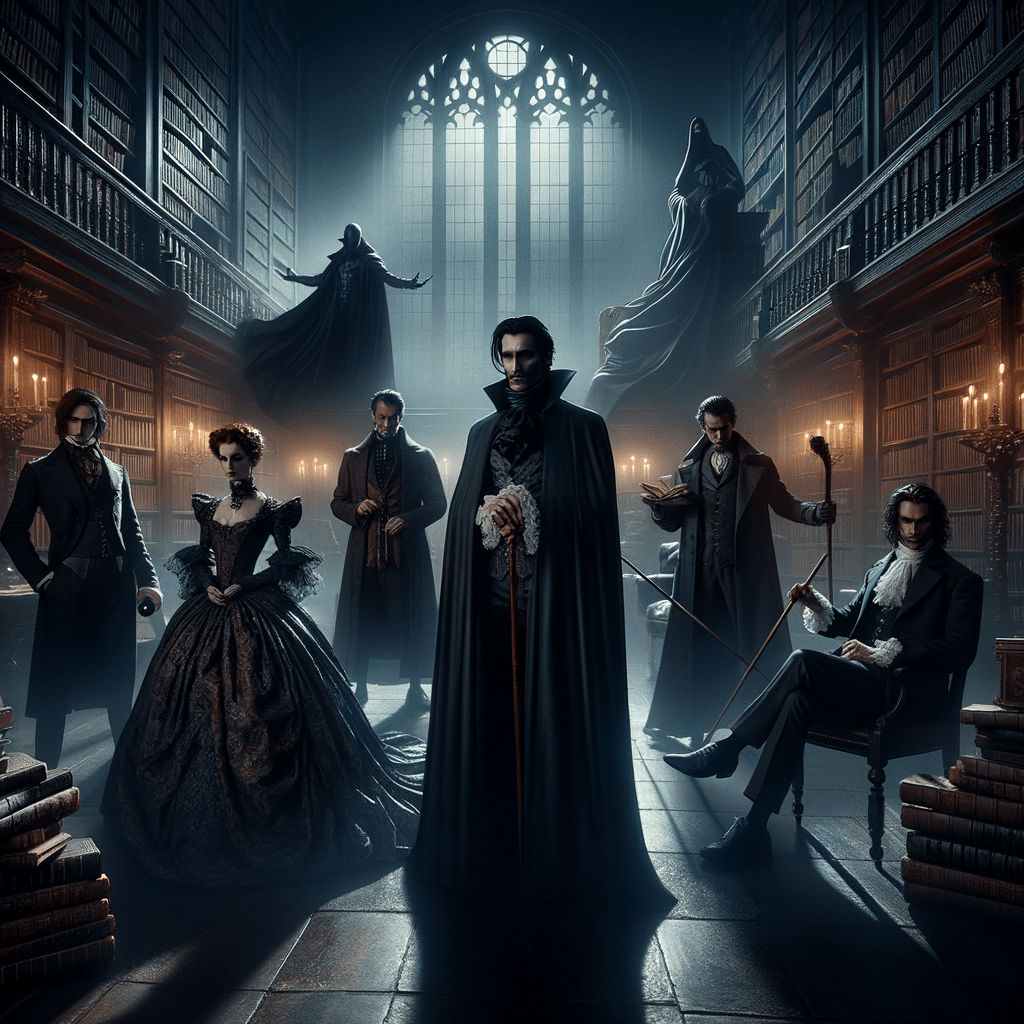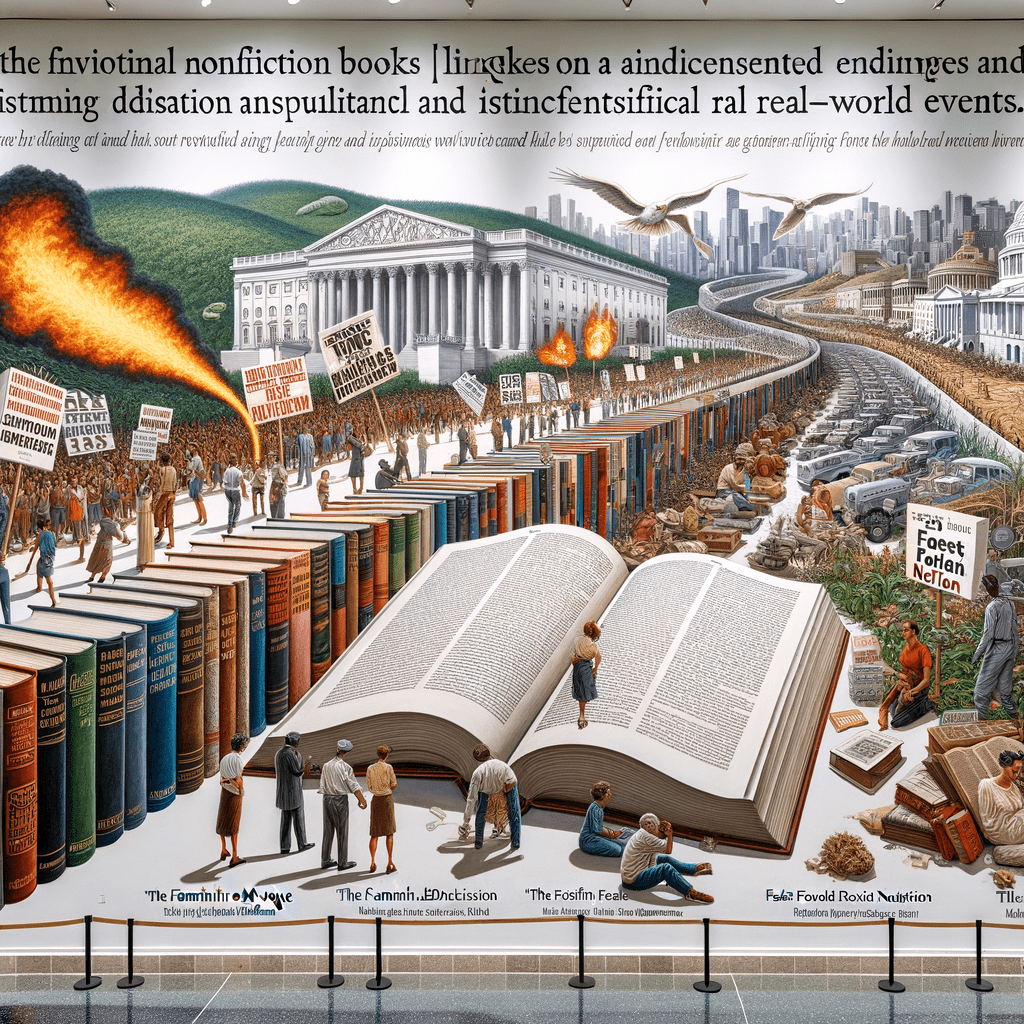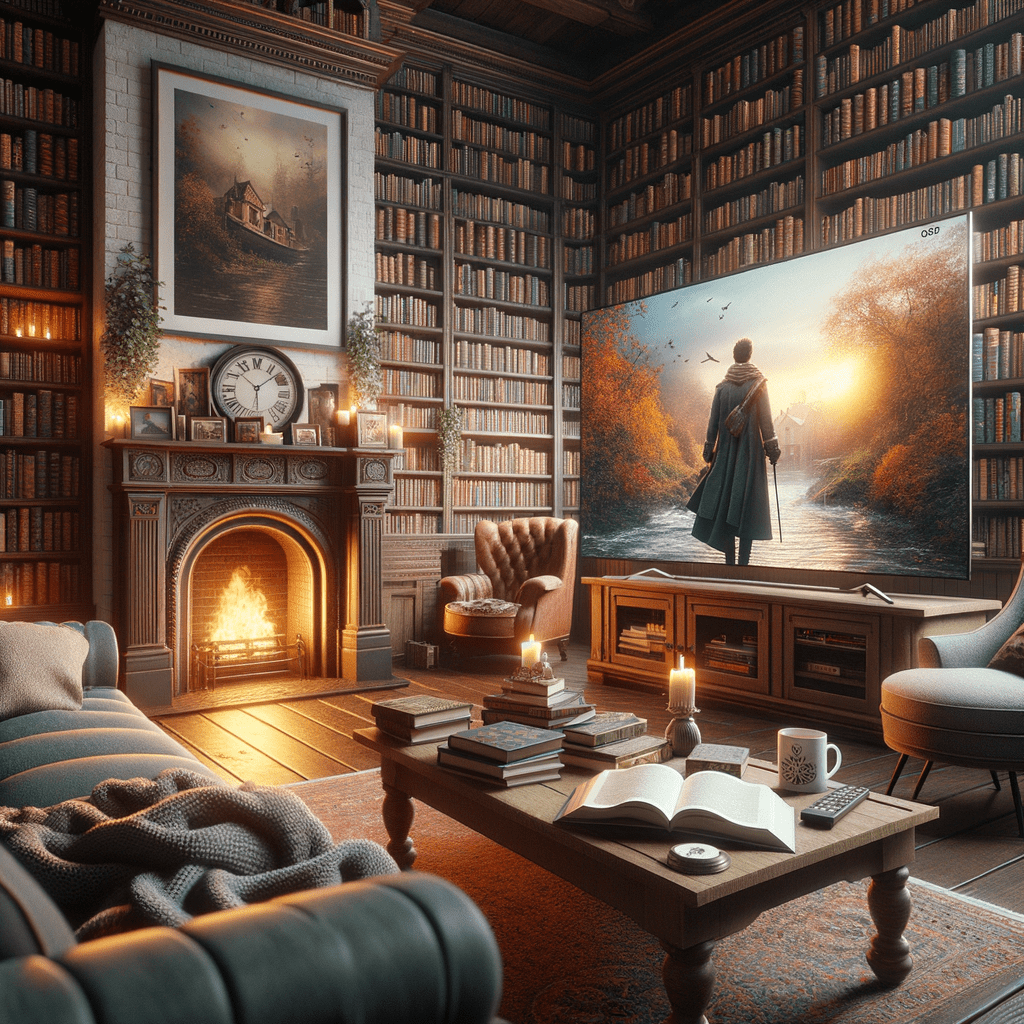You know, there’s just something about a good villain that really hooks me in. They kind of hang around in my head for ages, way after I’ve turned the last page, sometimes even more than the heroes they’re battling. It’s like having this odd love affair with these shadowy characters. And I can’t help but wonder—what makes a villain memorable? Is it their twisted complexity, their never-give-up attitude, or the way they seem to mirror our own fears and weaknesses? I guess it’s a mix of all that, and then some. When I think about it, isn’t it funny how the best villains feel almost… human? One minute you’re ready to hate them, and the next, you’re feeling a weird sort of pity. They make you think about your own sense of right and wrong, even just for a split second.
So, why are we drawn to them? I think a big part of it is the excitement of watching chaos unfold and rooting for the hero to somehow persevere. Imagine if there were no villains—stories would feel so blah without that spicy kick of chaos, wouldn’t they?
Iago from “Othello”
What a puppet master, huh? Iago is probably Shakespeare’s most evil villain. Have you ever had a friend who ended up being your worst enemy? That’s basically Iago for you. His knack for twisting facts with lies is awe-inspiring, and watching him tangle Othello in his web is like staring at a train wreck—you just can’t look away!
Sometimes, I catch myself in a weird spot, kind of admiring his cleverness, cruel as it is. Funny, what we end up respecting, even in people who do terrible things. I think it’s because Iago shows the dark possibilities lurking in human nature. Still, as much as I despise him, I gotta admit he’s crucial to the story. Without Iago’s betrayal, Othello wouldn’t have to dig deep and find his inner strength.
Hannibal Lecter from “Red Dragon” & “The Silence of the Lambs”
What a mix of class and horror! I have this weird love-hate thing with Hannibal Lecter. Sure, he’s a terrifying cannibal, but there’s this magnetic pull in his intellect that’s had me intrigued since I first read about him. You dive into a scene with Hannibal, and suddenly you’re pulled in by his charm—then it hits you, “Whoa, hold on, he’s terrifying!”
The real genius is how Thomas Harris paints him as teetering on the brink between being deeply human and terrifyingly psychotic. Isn’t that what makes him stick in our minds? His dark appeal keeps us guessing, maybe even a tad mesmerized.
Count Dracula from “Dracula”
Let’s chat about someone we’re all somewhat familiar with—Count Dracula. Bram Stoker’s Dracula has been adapted countless times, but there’s just something about the original that sticks. Maybe it’s the moody gothic vibe, or maybe it’s the murky darkness on every page. For me, it’s how Dracula symbolizes the ultimate outsider, playing on the deepest fears of the Victorian era.
He’s both this horrifying creature and also a tragic soul, caught in a curse with no escape. All his power doesn’t rid him of loneliness and yearning—something we can all relate to at times. It’s about the messy human condition wrapped in a supernatural cloak, and that’s why Dracula remains unforgettable in his own timeless way.
Heathcliff from “Wuthering Heights”
Ah, for those romantic hearts who fancy a touch of madness, Heathcliff is your man. Isn’t he a wild storm of love, revenge, and bitterness all in one? Emily Brontë crafts this guy you can never fully get but also can’t ignore. His chaotic heart makes him a villain somehow trapped by his own love.
Reading Wuthering Heights, I found myself uncomfortably feeling for Heathcliff. Maybe it’s because his villainy comes from such a personal place. His nastiness is gross, but also heartbreakingly human. There’s a bit of Heathcliff in all of us—the part that feels hurt, wronged, or unacknowledged. That’s the unsettling yet entrancing thing about him.
Professor Moriarty from “Sherlock Holmes”
Oh, the “Napoleon of Crime,” as Holmes calls him. Moriarty’s all about brainy wickedness, the kind that leaves me uneasy because he’s the villain you never see coming. He’s the absolute match for Sherlock Holmes—a diabolical mind equal to the detective’s brilliance.
What I find so intriguing about Moriarty is the little we actually know about him. Doyle gives us just enough to sense danger, yet keeps many things veiled. It makes Moriarty a timeless figure. He’s like the backstage villain, one whose shadow creeps over Sherlock’s world without actually standing in the spotlight.
The White Witch from “The Chronicles of Narnia”
As a kid, she seriously creeped me out. The White Witch by C.S. Lewis puts Narnia in this eternal winter with zero Christmas spirit—ugh, just a whole lot of brrr! None of us like winter clinging on too long, right? Imagine it never ending!
The Witch is terrifying with her cold power and sneaky ways. She’s full-on icy, in every way possible. Yet there’s something in her absolute rule and selfishness that’s oddly compelling. Her reign teaches all of us about courage, especially seeing how characters like Aslan and the Pevensies stand against her.
Norman Bates from “Psycho”
Ah, Norman Bates—what a peculiar villain indeed. If you’ve read or seen “Psycho,” you know the eerie weight of an innocent face hiding a storm of terror. Robert Bloch doesn’t scare you with beastly strength but with vulnerability turned lethal. Who could’ve guessed such darkness lay beneath someone so seemingly average?
Bates intrigues with his chaotic split personality, always keeping us guessing with his mental trickery. To me, he’s a sobering reminder that monstrous acts can surface from within, made even creepier because they seem so normal at first glance. It’s a type of villainy that feels chillingly real.
Sauron from “The Lord of the Rings”
The idea of ultimate evil without a face—Sauron! Tolkien’s villain doesn’t get into showy monologues or physical confrontations but instead delivers a horrendously constant sense of doom. That vast eye, ever-watchful and waiting—it’s a lesson in how unseen threats can be scarier than overt threats.
Sauron’s manipulations and ominous shadow give him a constant threat vibe. It fascinates me how he symbolizes slow, creeping doom—spreading fear not through assaults, but by subtly killing hope and bravery. His faceless, looming presence is oddly gripping. Sometimes, what we don’t see terrifies us more than anything visible.
Voldemort from the “Harry Potter” series
Who isn’t familiar with He-Who-Must-Not-Be-Named? J.K. Rowling crafts Voldemort with layers of spine-chilling villainy—a picture of fear itself. Shaped by his dark past and thirst for power, his frenzy for dominance is frankly astounding.
Yet beneath the terror lies something heartbreakingly tragic about Voldemort; he’s more than just evil. You glimpse the boy he once was, before those fateful decisions. To me, this tragic angle adds depth, showing how fear and ambition can warp someone beyond belief.
Alex from “A Clockwork Orange”
What a confounding character Alex is in Anthony Burgess’s universe! His youthful violence shocks, as does his charisma, only making him more unsettling. Here’s a villain free of moral constraints, just driven by dangerous whims. Strangely, there’s an innocence in his chaos, like he commits these acts without truly grasping their gravity.
I often feel a whirlwind of confusion pondering Alex’s actions. Does the society that tries to fix him also play a large part in his origin story? It’s a haunting question left for us to ponder over and over.
Patrick Bateman from “American Psycho”
Patrick Bateman—a gruesome embodiment of what lies beneath the glamor of surface lives. Bret Easton Ellis portrays a character whose polished life conceals shocking cruelty and a ghastly disconnection from the world. What makes Bateman horrifying is his pure awareness of his villainy.
Watching his every twisted move is like eyeing a slow-motion disaster—he’s both living up to societal measures of success while horrifyingly veering away. Batman, to me, is a symbol of how disturbingly low a soul can sink without empathy—a chilling echo of obsession taken too far. Might it suggest a critique on materialistic culture? Perhaps. But I see it as a deep gaze into the void of personal numbness.
So there you have it, a swirling array of characters constantly challenging our beliefs about morality, fear, and evil itself. These unforgettable literary villains drag us into tales that force us to question what it is to be truly human and walk that fine line between good and evil. Though they may haunt our nights, these villains also enrich our literary journeys with profound depth. Maybe that’s why we keep the lights on while we read—just in case they decide to get a little too real.



